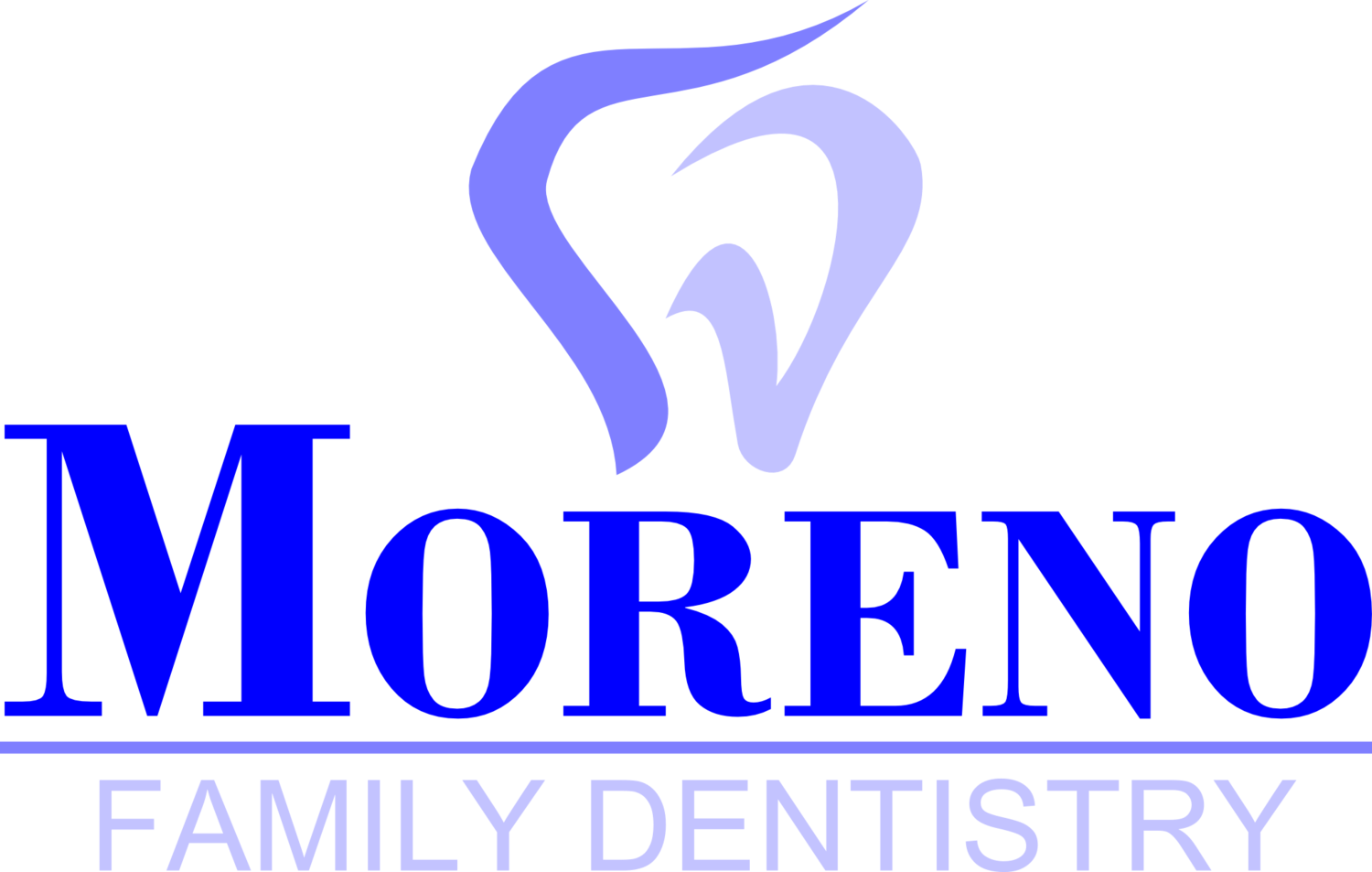FAQs
Taking care of your teeth is essential for maintaining good oral hygiene and overall well-being. Whether you have concerns about your oral health or are curious about specific treatments, we've got you covered.
When it comes to oral health, there are a few common dental problems that many people face.
- One of these is tooth decay, which occurs when the bacteria in your mouth produce acids that eat away at the enamel on your teeth. This can lead to cavities and tooth sensitivity.
- Another common issue is gum disease, which is caused by plaque buildup along the gum line. If left untreated, gum disease can progress and lead to more serious problems like bone loss and tooth loss.
- Tooth sensitivity is another common complaint among patients. This occurs when the protective layer of enamel on our teeth wears down or gets damaged, exposing the sensitive nerves underneath. It can cause discomfort or pain when eating or drinking hot or cold foods.
- One more common dental problem is bad breath, also known as halitosis. Bad breath can be caused by a variety of factors, including poor oral hygiene, certain foods, tobacco use, dry mouth, and underlying medical conditions.
Maintaining good oral hygiene is crucial in preventing dental issues and ensuring the health of your teeth and gums. Here are some simple yet effective tips to help you prevent any dental problems.
- It's important to brush your teeth at least twice a day using fluoride toothpaste. Brushing removes plaque buildup, which can lead to tooth decay and gum disease. Make sure to use a soft-bristled toothbrush and gently clean all surfaces of your teeth for about two minutes each time.
- In addition to brushing, don't forget to floss daily. Flossing helps remove food particles between your teeth that brushing alone can't reach. It also helps prevent plaque formation along the gumline, reducing the risk of gum disease.
- Another crucial aspect of maintaining good oral health is having a balanced diet. Limit sugary foods and drinks as they can contribute to tooth decay. Instead, opt for nutritious foods like fruits, vegetables, whole grains, lean proteins, and dairy products that provide essential vitamins and minerals for strong teeth.
- Regular dental check-ups are also vital in preventing dental issues. Visit your dentist every six months for professional cleanings and examinations. Your dentist will be able to detect early signs of cavities or gum disease before they become major problems.
- Avoid habits that harm your oral health, such as smoking or excessive alcohol consumption. Smoking increases the risk of gum disease while drinking alcohol excessively can lead to dry mouth and an increased likelihood of tooth decay.
By following these preventive measures consistently, you'll greatly reduce the chances of experiencing common dental issues like cavities or gingivitis.
Generally speaking, it is recommended to visit the dentist at least twice a year for regular check-ups and cleanings. Regular dental visits are important because they allow your dentist to evaluate the overall health of your teeth and gums. During these appointments, your dentist can identify any potential issues early on and provide necessary treatment before they become more serious problems.
In addition to routine check-ups, there are certain situations where you may need to see the dentist more frequently. For example, if you have gum disease or a history of dental problems, your dentist may recommend more frequent visits to monitor and manage your condition. It's also worth noting that everyone's oral health needs are unique, so it's essential to follow the advice given by your dentist regarding how often you should schedule appointments. They will consider factors such as age, existing conditions, lifestyle choices (like smoking), and personal oral hygiene habits when determining the appropriate frequency of visits for each individual patient.
- It's important to have healthy gums and adequate bone density in the jaw to support the implant. This is because the implant will be anchored into the jawbone, acting as a replacement tooth root.
- Good oral hygiene practices are crucial before undergoing dental implant surgery. Maintaining a clean mouth free from any signs of infection or periodontal disease will increase the success rate of your implant.
- Age isn't necessarily a factor when considering dental implants. As long as you're in good overall health and don't have any medical conditions that may interfere with healing after surgery, you can still be considered a suitable candidate.
- Additionally, if you find other restorative dental treatments uncomfortable or inconvenient, dental implants can provide a permanent solution that looks and feels natural.
Consulting with your dentist is essential to determine if you're a good candidate for dental implants. They will assess your individual situation and provide personalized recommendations based on your specific needs and goals.
This is a common question that many people have when it comes to their oral health. A dental crown, also known as a cap, is a tooth-shaped cover that is placed over a damaged or decayed tooth. There are several reasons why you may need a dental crown.
- One of the most common reasons is to protect and restore a tooth that has been weakened by decay or injury. If your tooth has extensive damage or if there isn't enough tooth structure left to support a filling, then your dentist may recommend placing a dental crown.
- Another reason why you may need a dental crown is to improve the appearance of your smile. Dental crowns can be used to cover teeth that are discolored, misshapen, or have other cosmetic issues. By placing a dental crown over these teeth, you can achieve a more aesthetically pleasing smile.
- Additionally, dental crowns can be used in conjunction with other restorative procedures, such as bridges and implants. For example, if you are missing one or more teeth and are getting an implant or bridge to replace them, the adjacent teeth may need crowns in order to provide support for the restoration.
Whether it's for structural support or cosmetic enhancement purposes, dental crowns play an important role in maintaining and improving your oral health. It's best to consult with your dentist about whether you might benefit from getting one so they can assess your specific situation and provide appropriate recommendations tailored just for you!
Sleeping with your dentures can lead to several problems. Wearing dentures for extended periods without giving your mouth a break can cause irritation and soreness. Your gums need time to rest and recover from the pressure of the dentures. Additionally, sleeping with your dentures increases the risk of bacterial growth in your mouth. This can lead to bad breath and oral infections. It's important to remove your dentures at night so that you can properly clean them and maintain good oral hygiene.
Leaving your dentures in overnight may affect their fit over time. The constant pressure on the gums while you sleep can cause changes in the shape of your jawbone and gums, leading to an ill-fitting denture that may require adjustments or replacements. It is best to follow the advice of your dentist and remove your dentures before going to bed. Give yourself some well-deserved rest from wearing them, and take proper care of both your oral health and the longevity of your denture investment.
Dental bridges are a popular solution for replacing missing teeth, but one common question that many patients have is how long they can expect their bridge to last. While the lifespan of a dental bridge can vary depending on several factors, there are some general guidelines to keep in mind.
First and foremost, proper oral hygiene plays a crucial role in the longevity of your dental bridge. Regular brushing and flossing around the bridge area will help prevent plaque buildup and maintain good oral health overall. Additionally, regular visits to your dentist for check-ups and cleanings are essential. The materials used in your dental bridge also play a significant role in its lifespan.
Another important factor is how well you take care of your overall oral health. Habits such as grinding or clenching your teeth can put excessive stress on the bridge, potentially shortening its lifespan. If you have these habits, it's essential to discuss them with your dentist so they can provide recommendations or solutions. Lifestyle choices like smoking or consuming excessive amounts of alcohol can impact the longevity of dental bridges by increasing the risk of gum disease and decay around supporting teeth.
When it comes to dental emergencies, time is of the essence. Whether you're dealing with a severe toothache or a knocked-out tooth, knowing what steps to take can make all the difference in saving your smile.
- First and foremost, don't panic! Stay calm and assess the situation. If you have a toothache, rinse your mouth with warm saltwater and use floss to remove any trapped food particles. Applying a cold compress on the affected area can help reduce swelling.
- If you've had a tooth knocked out, try to find it and handle it by the crown (the top part) rather than touching the root. Rinse it gently with water if necessary, but avoid scrubbing or removing any tissue fragments. Place the tooth back in its socket if possible, or store it in milk or saliva until you can reach your dentist.
- For broken teeth, save any pieces that have come off and rinse them gently. Apply gauze if there's bleeding, and use over-the-counter pain relievers for temporary relief until you see your dentist.
Remember, these are just general guidelines for common dental emergencies. It's important to contact your dentist as soon as possible for professional advice tailored specifically to your situation.
This is a question that many people ask themselves when considering improving the appearance of their teeth. The answer to this question depends on various factors, including your personal goals and budget.
Cosmetic dentistry offers a wide range of procedures that can address issues such as stained or discolored teeth, misaligned teeth, gaps between teeth, and more. These procedures include teeth whitening, veneers, dental bonding, dental implants, and orthodontic treatments like braces or Invisalign.
One important thing to consider is how much value you place on having a beautiful smile. A confident smile can have a positive impact on your self-esteem and overall well-being. If you feel self-conscious about your teeth and it affects your daily life or relationships, then cosmetic dentistry may be worth it for you. Another factor to consider is the long-term benefits of cosmetic dentistry. While some procedures may require maintenance over time, others provide permanent results. For example, dental implants are a durable solution for missing teeth that can last for many years with proper care.
Of course, cost is also an important consideration. Cosmetic dentistry procedures can vary widely in price depending on the complexity of the treatment and location. It's essential to consult with a dentist who specializes in cosmetic dentistry to get an accurate estimate based on your specific needs. Whether or not cosmetic dentistry is worth it will depend on your individual circumstances and priorities. It's always best to consult with a qualified dentist who can assess your oral health needs and discuss potential treatment options with you.
It's important to note that teeth whitening procedures done by professionals are generally safe. Dentists use approved products and techniques to minimize any potential risks. They will assess your oral health beforehand to ensure that your teeth and gums are in good condition for the treatment.
However, over-the-counter teeth whitening kits may not be as reliable or safe as professional treatments. These kits often contain higher concentrations of bleaching agents, which can lead to tooth sensitivity or gum irritation if used incorrectly or excessively. In order to mitigate any risks associated with teeth whitening, it's always recommended to consult with a dentist before proceeding with any treatment. They will evaluate your individual situation and recommend the most suitable option for you.
The truth is that there can be some discomfort associated with a root canal, but modern techniques and advancements in dentistry, like sedation dentistry options, have made it much less painful than it used to be.
During a root canal, the dentist will remove the infected or damaged pulp from inside the tooth. This may involve drilling into the tooth to access the pulp chamber and then using specialized tools to clean out any infection or debris. While this process may sound daunting, local anesthesia is typically administered to numb the area so you won't feel pain during the procedure. Some patients may experience minor soreness or sensitivity in the treated area after a root canal. This can usually be managed with over-the-counter pain relievers and should subside within a few days. In rare cases, more persistent discomfort may require follow-up treatment or evaluation by your dentist.
It's important to remember that every individual's pain tolerance and experience will vary. Some people report little to no pain during their root canal treatment, while others might have slightly more discomfort. Your dentist will take steps to ensure you are as comfortable as possible throughout the procedure.
When you inhale nitrous oxide through a mask, it typically starts taking effect within just a few minutes. You may feel a warm sensation spreading throughout your body, accompanied by tingling or numbness in your hands and feet. Some people describe the feeling as euphoric or even slightly floaty.
As the gas takes hold, you might experience a sense of detachment from your surroundings. Your mind may wander, and time can seem to pass more quickly than usual. Many patients also report feeling lightheaded or giggly - hence the nickname "laughing gas." The experience of using nitrous oxide can vary from person to person. Some individuals may feel more relaxed and carefree, while others might not notice much difference at all.
For those who experience anxiety during dental procedures, nitrous oxide can help create a more relaxed state without causing significant discomfort or pain.



